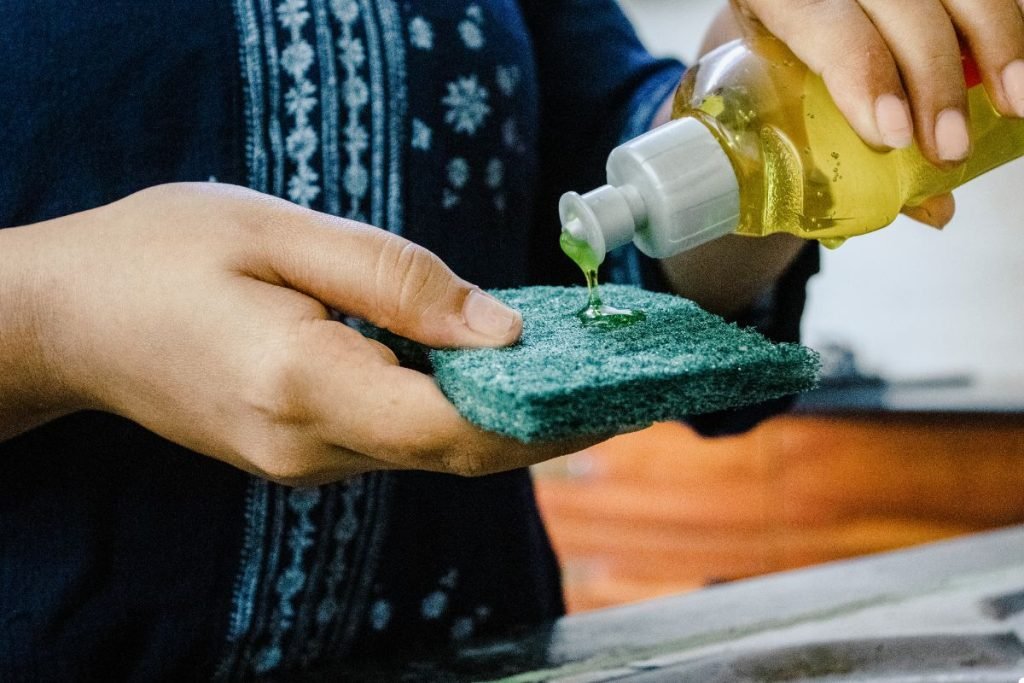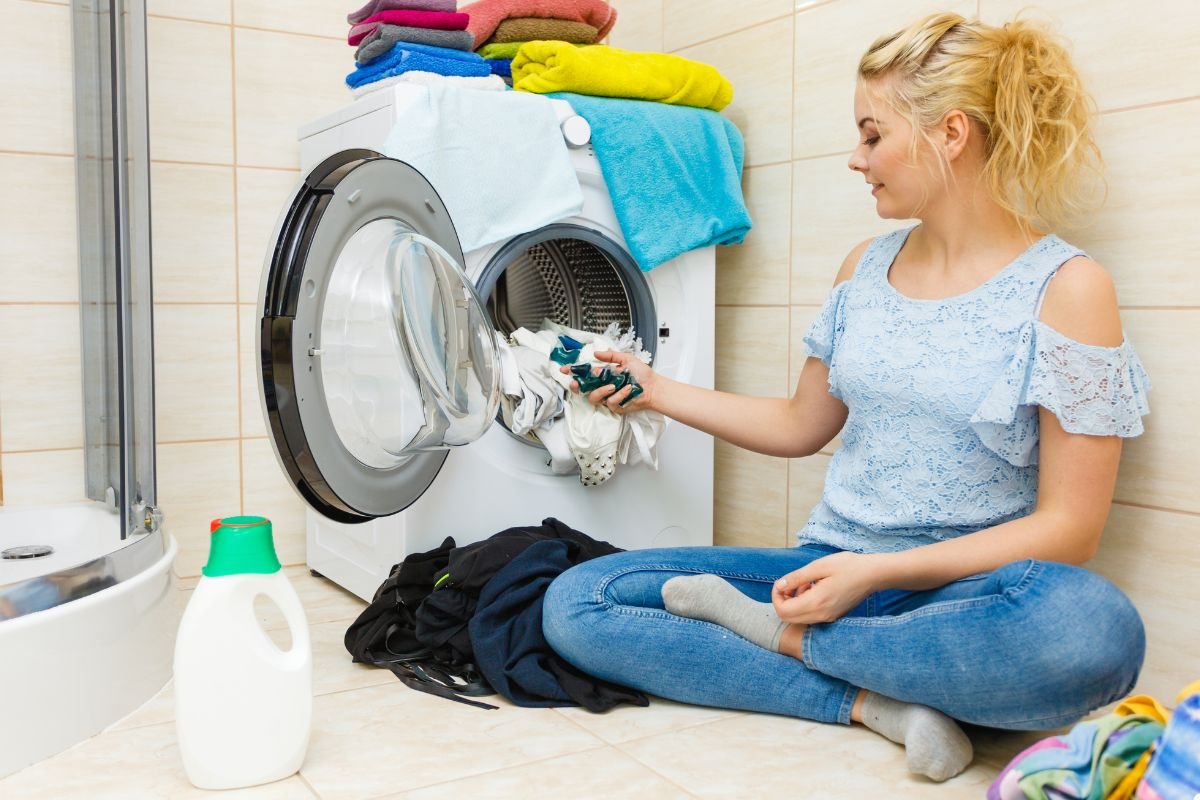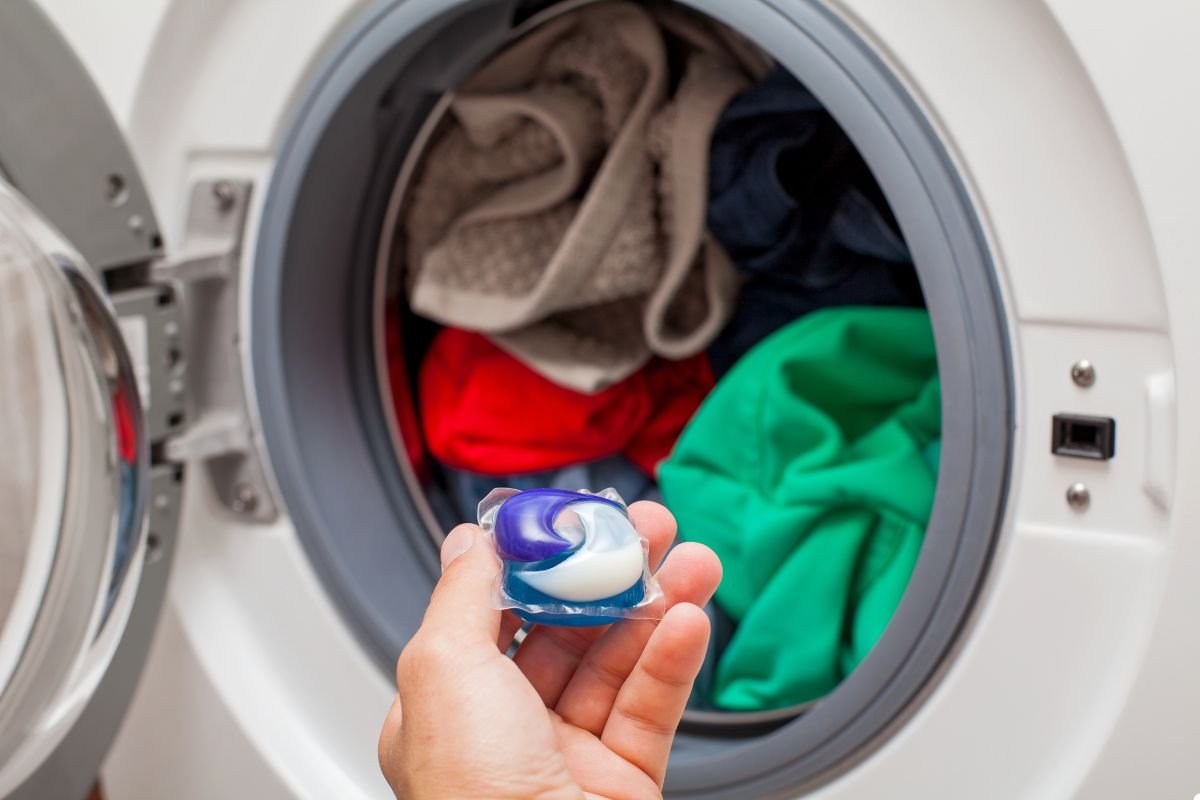
Choosing the right dishwasher detergent can feel surprisingly complicated! Pods, liquid, powder – which cleans best? The answer, unfortunately, isn’t a simple one. It depends on your dishwasher, water hardness, budget, and even your environmental concerns. This guide breaks down the pros and cons of each type to help you make the best choice for sparkling clean dishes. Need expert advice? Call us today!
Introduction
We’ve all been there: staring at the seemingly endless aisle of dishwasher detergents, wondering if that new pod promising “ultimate shine” is really worth the hype, or if you should just stick with the old-fashioned powder. The sheer number of options can be overwhelming. This article aims to demystify the world of dishwasher detergents, comparing pods, liquid, and powder so you can confidently choose the best one for your needs. Don’t let the endless choices overwhelm you! Explore our services to get expert guidance on choosing the best dishwasher detergent for your home.

The Contenders: An Overview
Let’s meet the players:
- Dishwasher Detergent Pods: Pre-measured, convenient packets of detergent.
- Liquid Dishwasher Detergent: A readily available and often budget-friendly option.
- Powder Dishwasher Detergent: The classic, traditional choice, still widely used.
Dishwasher Detergent Pods: Convenience King?
Dishwasher detergent pods have surged in popularity, and for good reason. They offer unparalleled convenience.
- Pros and Cons of Detergent Pods:
- Pros: Pre-measured doses (no guesswork!), easy to use, often contain rinse aid.
- Cons: Can be more expensive per load, may not dissolve completely in short cycles or hard water, can be dangerous for children if ingested.
- When to Use Dishwasher Detergent Pods:
- Ideal for busy households seeking convenience.
- Good for those who tend to use too much liquid or powder detergent.
- Suitable for dishwashers with longer cycles and good water pressure.
Liquid Dishwasher Detergent: The Budget Option?
Liquid dishwasher detergent is often the most affordable option on the market.
- Pros and Cons of Liquid Detergent:
- Pros: Generally less expensive, easy to find, can be poured directly into the dispenser.
- Cons: Easy to overuse (leading to residue), can be less effective on heavily soiled dishes, may not contain rinse aid.
- When to Use Liquid Dishwasher Detergent:
- A good choice for budget-conscious consumers.
- Suitable for lightly soiled dishes and frequent dishwasher use.
- Best for dishwashers in soft water areas.
Powder Dishwasher Detergent: The Traditional Choice
Powder detergent has been around for decades and remains a solid option.
- Pros and Cons of Powder Detergent:
- Pros: Often the most cost-effective per load (if used correctly), can be very effective on heavily soiled dishes.
- Cons: Can leave residue if not dissolved properly, can be messy, may not contain rinse aid.
- When to Use Powder Dishwasher Detergent:
- Ideal for those with heavily soiled dishes or hard water.
- A good choice for those who prefer a more traditional approach.
- Suitable for dishwashers with effective heating elements and good water circulation.
Key Factors to Consider
Beyond the basic pros and cons, several other factors influence which detergent is right for you.
- Water Hardness and Dishwasher Detergent: Hard water contains minerals that can interfere with detergent performance. Pods and powders often contain water softeners, making them better suited for hard water areas. Liquid detergents may require a separate rinse aid.
- Dishwasher Type and Detergent Compatibility: Some dishwashers, especially older models, may not dissolve pods effectively. High-efficiency (HE) dishwashers require detergents specifically formulated for them. Check your dishwasher’s manual for recommendations.
- Environmental Impact: Consider the packaging waste associated with each type. Pods often have more packaging than liquid or powder. Also, look for detergents labeled as “eco-friendly” or “phosphate-free.”

Special Considerations
- Detergent for Septic Systems: If you have a septic system, you need to be extra careful about the types of detergents you use. Look for detergents that are specifically labeled as “septic-safe.” These detergents are formulated to be less harmful to the bacteria in your septic tank. Harsh chemicals in other detergents can kill the bacteria that help break down waste, leading to septic system problems. Be wary of overusing any detergent, even those labeled septic-safe.
Expert Recommendations
Appliance repair technicians often have insights into which detergents perform best and are least likely to cause problems.
- Advice from Appliance Repair Technicians: They often recommend using the amount of detergent specified in the dishwasher manual, regardless of detergent type. They also caution against using too much detergent, as this can lead to residue buildup and damage to the dishwasher. Some technicians also report fewer issues with pods and powders in newer dishwashers, likely due to improved dissolving capabilities.
Conclusion: Choosing the Right Detergent for You
Ultimately, the “best” dishwasher detergent is the one that works best for your specific needs. Consider your budget, water hardness, dishwasher type, and environmental concerns. Experiment with different types and brands until you find one that delivers sparkling clean dishes without leaving residue or damaging your appliance.
Choosing the right dishwasher detergent may seem like a small decision, but it can have a big impact on the cleanliness of your dishes and the lifespan of your dishwasher. Taking the time to understand the differences between pods, liquid, and powder can help you make the best choice for your needs and preferences. Make sure you’re using the best detergent for spotless dishes and a long-lasting dishwasher. Contact us today for expert advice and recommendations!
FAQs
Are dishwasher detergent pods worth the extra cost?
It depends on your priorities. They offer convenience, but may not be the most cost-effective option.
Can I use regular dish soap in my dishwasher?
NO! Regular dish soap will create excessive suds and can damage your dishwasher.
My dishes are cloudy. What’s wrong?
This is often caused by hard water. Try using a detergent with a water softener or adding a rinse aid. If the problem persists, consider a whole-house water softener. This is often caused by hard water. Try using a detergent with a water softener or adding a rinse aid. If the problem persists, consider a whole-house water softener. Need help finding the right solution? Call us today!

